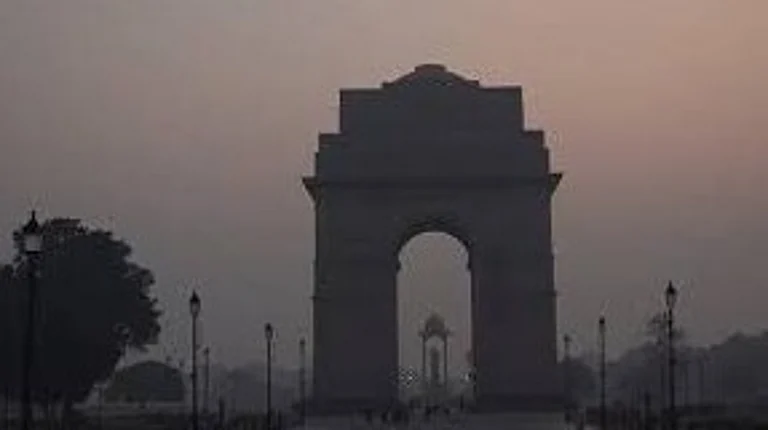The India Meteorological Department (IMD) forecast a gradual rise in maximum temperatures by 2-3 degrees Celsius across northwest India over the next five days, along with fresh heatwave conditions in several parts of the country. A yellow alert has been issued for these regions.
IMD Predicts Fresh Heatwave Across India: What It Means for Informal Workers?
IMD’s fresh heatwave triggers urgent calls to protect India’s most vulnerable informal workers
According to IMD, heatwave conditions are very likely in isolated pockets of south UP and MP between April 22 and April 24; over Rajasthan and Haryana on April 23 and April 24; and over Vidarbha during April 21 an April 3. The met department has advised people, especially the elderly and infants, to avoid heat exposure.
Heatwave conditions had earlier peaked around April 8, with temperatures soaring to 46 degrees Celsius in parts of west Rajasthan, reported TOI. A spell of rain between April 9 to 12 brought temporary relief by bringing the temperatures down by several notches.
However, temperatures have risen again. On April 20, Chandrapur in Maharashtra recorded 44.6 degrees Celsius, making it the hottest place in the country, as per a TOI report.
Informal Workers at Risk
Considering the soaring temperatures, climate experts have proposed urgent interventions to protect India’s informal work force during the extreme summer months. Their proposals include paid heat leave, free water ATMs at labour hubs and legal recognition for the 'right to cool'.
More than 80% of Delhi's workers, including street vendors, construction labourers and ragpickers, face severe health risks and income loss due to extreme heat. The women among them are disproportionately affected, the experts told PTI.
Amruta, a campaigner at Greenpeace India, highlighted that heatwaves were no longer just weather events but disasters for those without shelter, water or rest spaces. A Greenpeace India report last year found that 61% of street vendors lost more than 40% of their daily income during extreme heat while 75% lacked access to cooling infrastructure near workplaces.
Hisham Mundol, chief advisor at Environmental Defense Fund - India, told PTI that informal workers bore the brunt of heat waves and rising cases of dehydration, heatstroke and chronic illnesses such as kidney damage underscored the urgent need for intervention.
Mundol further emphasised the need for city-level heat action plans with enforceable measures, including non-negotiable paid time off, water stations and cooling shelters on red-alert days.
(With inputs from PTI.)
